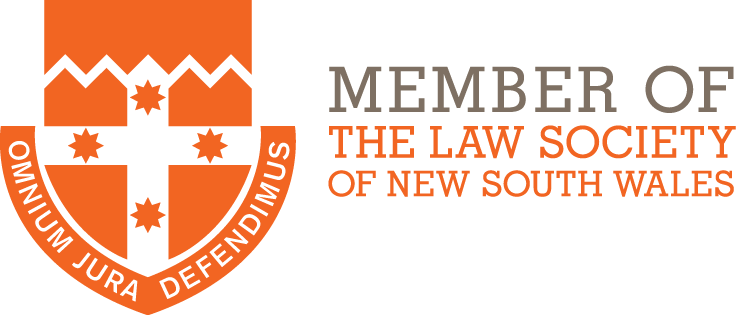Drug Supply and Possession

Definition of 'Prohibited Drug'
Cannabis, MDMA or ecstasy, cocaine, Amphetamine, Methylamphetamine, and other drugs listed in Schedule 1 of the Drug Misuse and Trafficking Act are examples of prohibited drugs.
Penalties for Drug Possession
Penalties for drug possession in NSW include up to two years in prison, a $2,200 fine, or both. A criminal conviction is included.
The maximum sentence for drug possession is rarely imposed. A conviction for drug possession in NSW can be avoided even if you plead guilty in court if the court imposes a section 10 penalty on your sentence.
In New South Wales, drug possession penalties include a section 10 non-conviction, as explained below.
Section 10 Drug Possession
In New South Wales, there are several types of drug possession penalties, including a section 10 or Conditional Release Order non-conviction penalty, which can be imposed after pleading guilty to a charge of possessing a prohibited drug.
If you receive a section 10 drug possession penalty on sentence for drug possession charges in NSW, you will have no criminal record.
Those charged with second or first-time drug possession in NSW do not automatically receive a section 10 non-conviction. To achieve section 10 for drug possession charges, solid and thoughtful preparation tailored to your case is required, rather than a generic approach. It is critical to have a thorough understanding of drug possession laws, court procedures, and familiarity with Judges and Magistrates.
The following are some of the main factors that the Magistrate or Judge will consider when deciding whether or not to impose a section 10 sentence for drug possession charges:
- Your good character.
- Your age and health.
- Your mental illness if any, and if so, whether it contributed to you committing the offence.
- The absence of having a prior criminal record.
- Trivial nature of the offence.
- Any extenuating circumstances of the offence.
- Anything else the court considers proper, including the impact a conviction will have on your job, and the flow-on effect of that on anyone else who relies on your income.
Drug Possession Charges NSW | What is Drug Possession?
According to sections 10 and 21 of the Drug Misuse and Trafficking Act, drug possession offences carry severe criminal penalties in NSW, including criminal conviction and up to two years in prison.
Drug possession is defined as knowingly having it in your custody or under your physical control to the exclusion of others who are not acting in concert. This includes 'de facto possession,' which occurs when it is knowingly located somewhere else where you intend to (and do) exercise dominion and control over it.
What does it mean to have "physical custody or control"? Physical custody means having it in your immediate physical custody, where you have complete control over it. For instance, where you have the drugs on you, such as your hands or pockets.
Common Defences to Drug Possession? Not knowing it was there is an available defence to drug possession offences. But forgetting that it was there is not a defence.
Definition of 'Prohibited Drug'
Cannabis, MDMA or ecstasy, cocaine, Amphetamine, Methylamphetamine, and other drugs listed in Schedule 1 of the Drug Misuse and Trafficking Act are examples of prohibited drugs.
How do you Win a Drug Possession Case?
To beat a drug possession charge, there are four main ways to avoid a criminal record for drug possession charges in NSW:
- Dismissal because of a 'not guilty' verdict in court.
- Mental illness dismissal because you've been diverted away from the criminal justice system under a s32 (now called s14) application under a mental impairment.
- Section 10 dismissal or Conditional Release Order non-conviction sentence is imposed even after pleading guilty.
- You've paid a penalty notice fine for drug possession, if issued by police, which results in no criminal charge.


